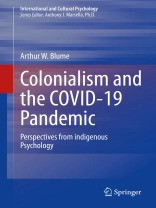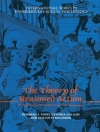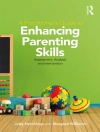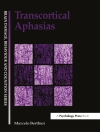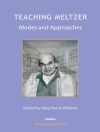This book views responses to the Covid 19 virus through the lens of indigenous thinking which sheds light on some of the failures in dealing with the pandemic. Colonial societies maintain beliefs that hierarchies are part of the natural order, and that certain people are entitled to privileges that others are not. These hierarchies have contributed to racism as well as health, and wealth disparities that have increased vulnerabilities to the virus. Indigenous societies, on the other hand, view individuals as interdependent, and hold an optimistic view that this tragedy can yield important lessons for future improvement. This book examines the legacy of colonial societies in contributing to existing vulnerabilities, and incorporates an indigenous perspective in re-imagining the problem and its solutions.
Jadual kandungan
Chapter 1. Colonialism and Pandemics.- Chapter 2. The Colonial War with the Environment.- Chapter 3. The Colonial Economics of COVID-19.- Chapter 4. Colonial -isms and COVID-19.- Chapter 5. Colonialism, COVID-19, and Education.- Chapter 6. Health Disparities and COVID-19.- Chapter 7. Colonialism, Treatments, and Vaccinations.- Chapter 8. Colonial Suffrage.- Chapter 9. Colonial Privilege and COVID-19.- Chapter 10. COVID-19 Created Opportunities.- Chapter 11. Indigenous Psychology and the Next Pandemic.
Mengenai Pengarang
Art Blume, Ph.D., is an American Indian psychologist and Professor of Clinical Psychology at Washington State University. He has been honored as a fellow of the American Psychological Association and as a past recipient of the Trimble and Horvath award for significant contributions to Indigenous psychology. He has authored or edited six books, including,
A new psychology based on community, equality, and care of the Earth, and
Indigenous Relapse Prevention, as well as over 100 scholarly publications at the intersection of multicultural psychology and health. He served as the 2020 president of the Society for the Psychological Study of Culture, Ethnicity, and Race (Division 45 of the American Psychological Association) and is also a past president of the Society of Indian Psychologists.
